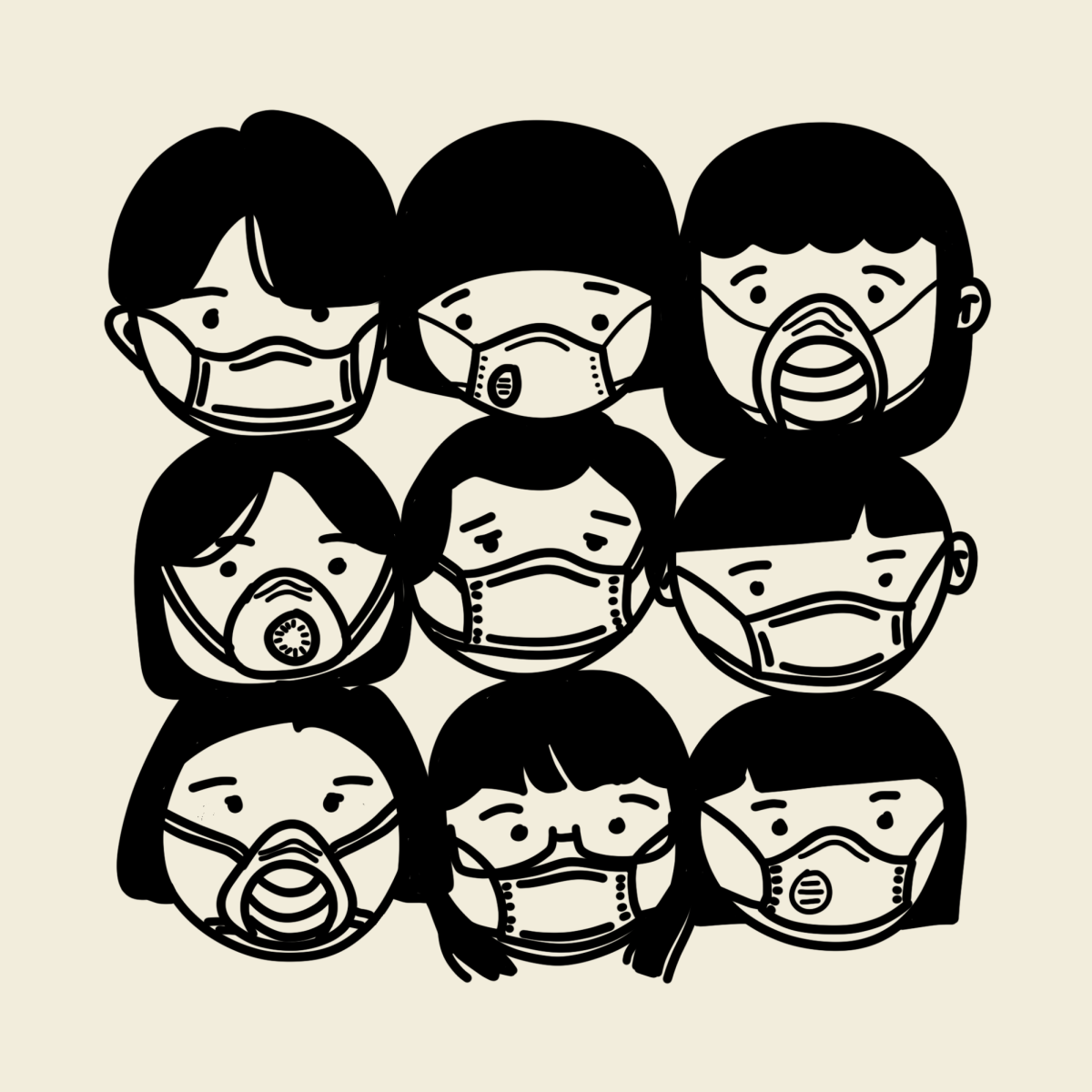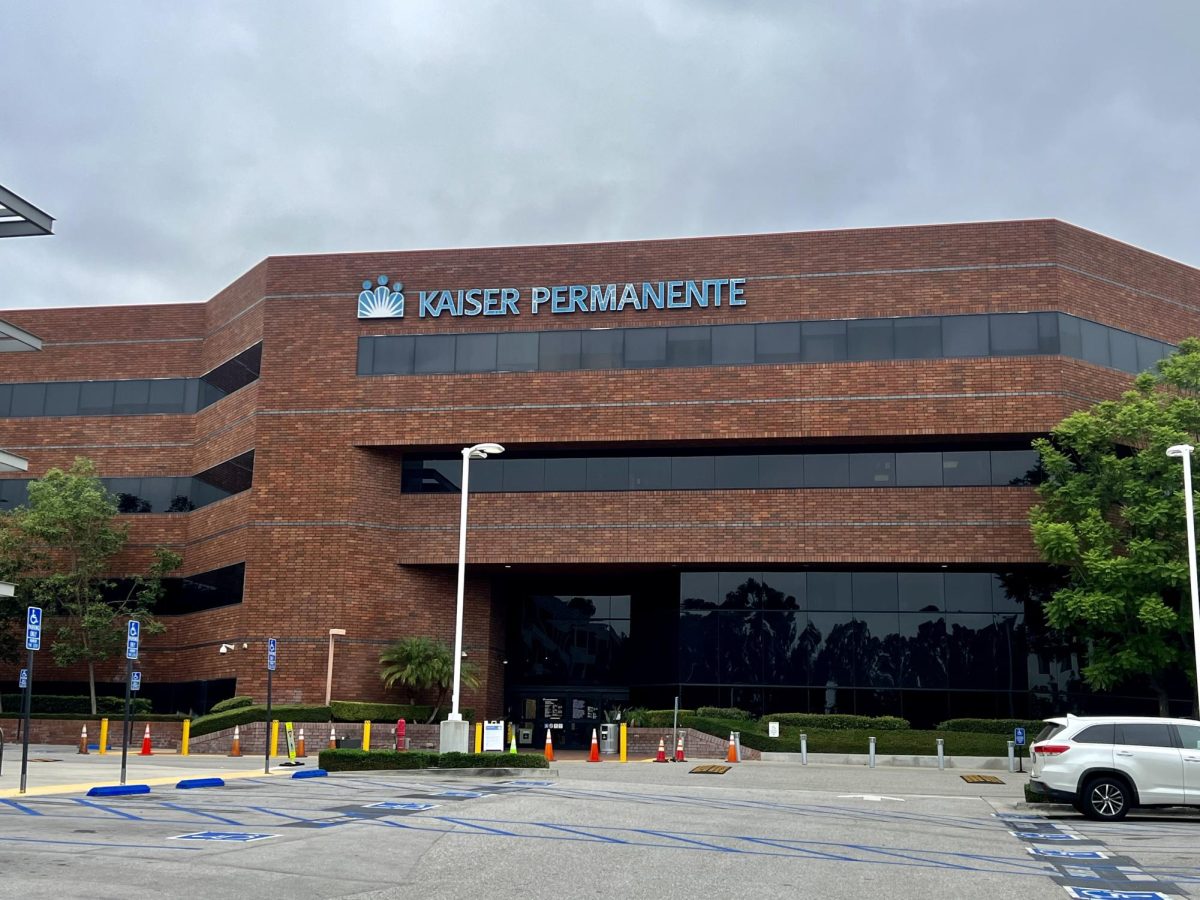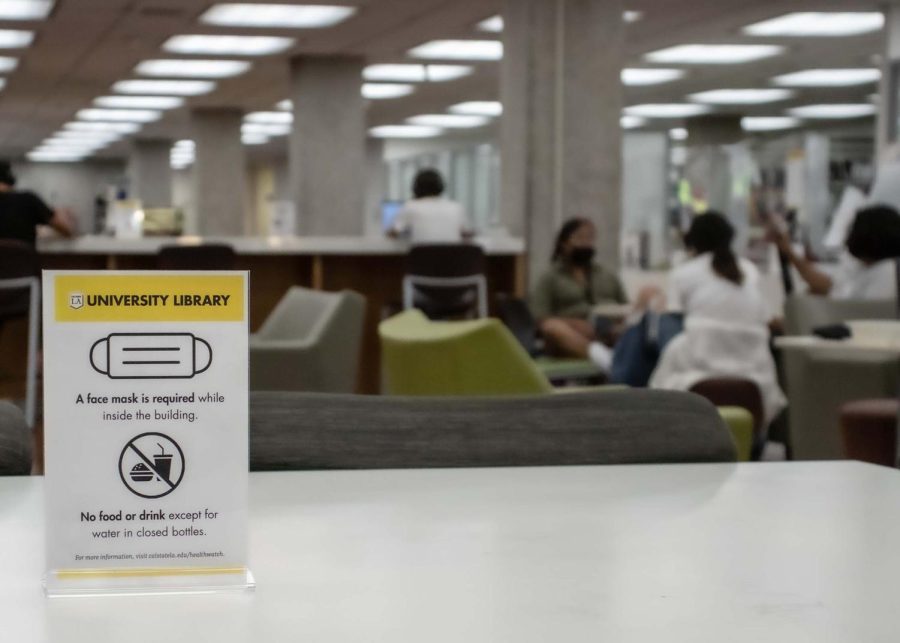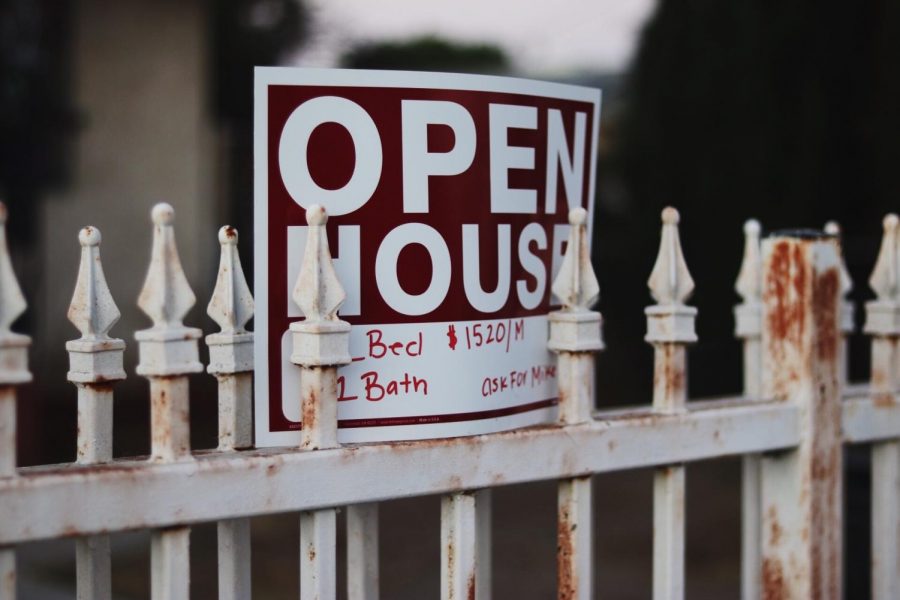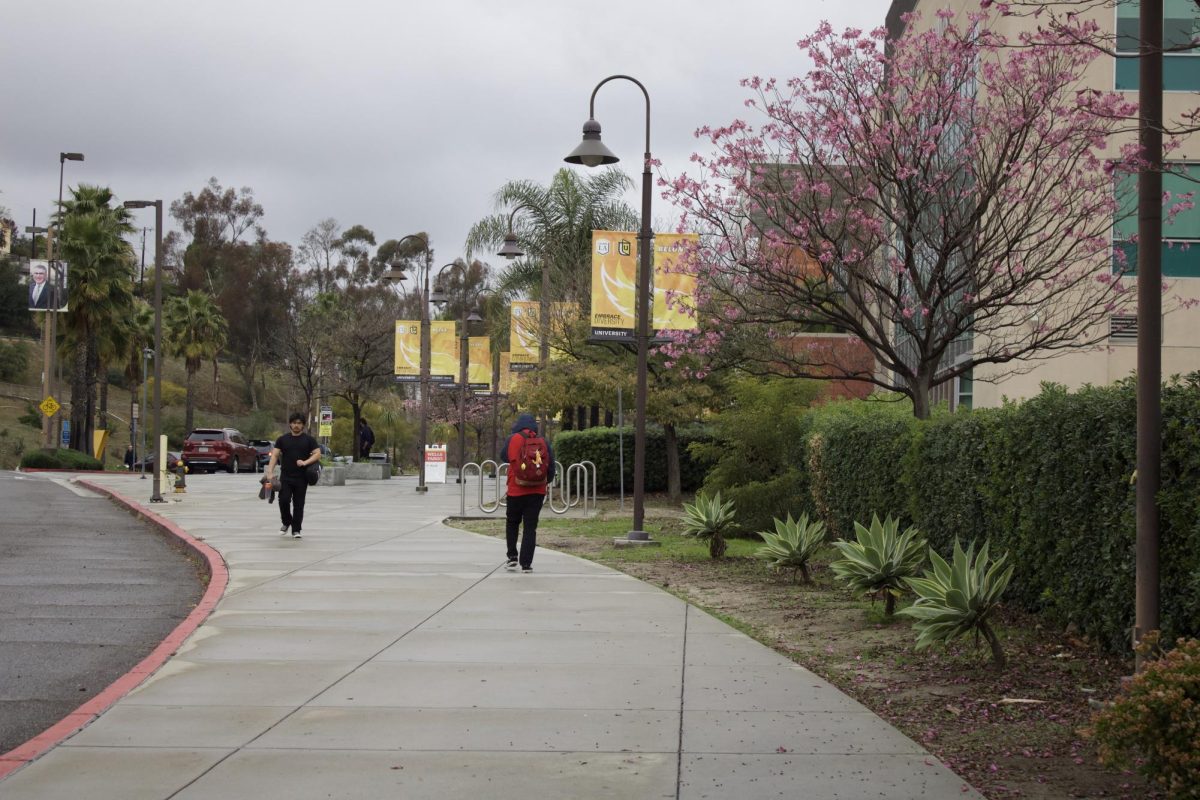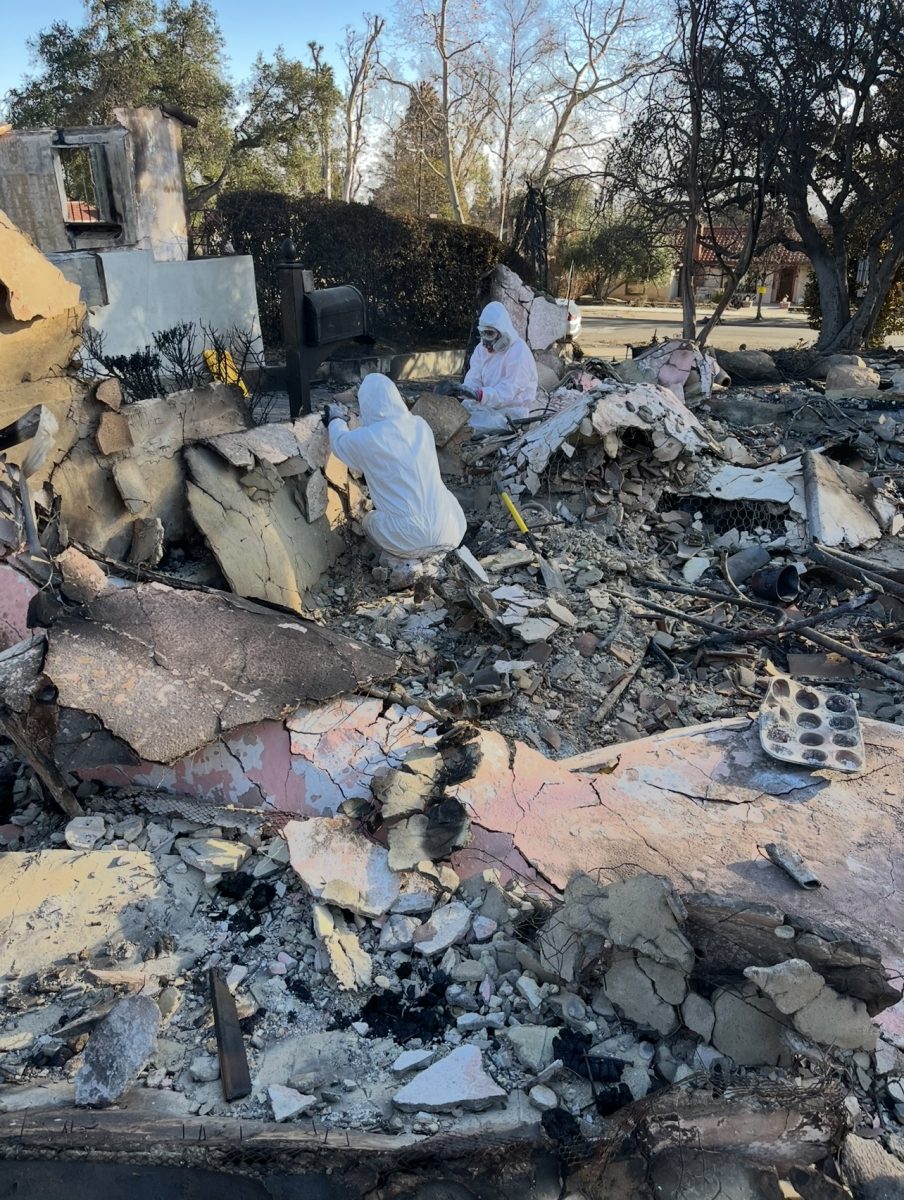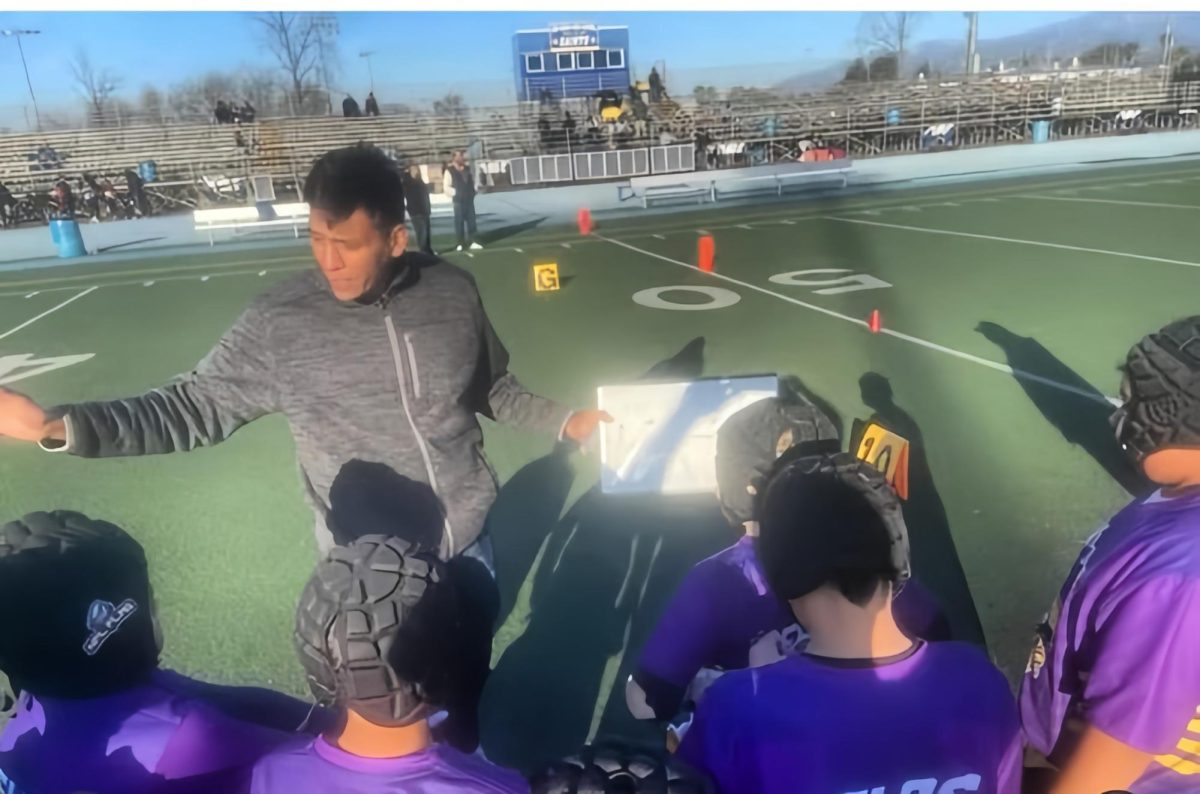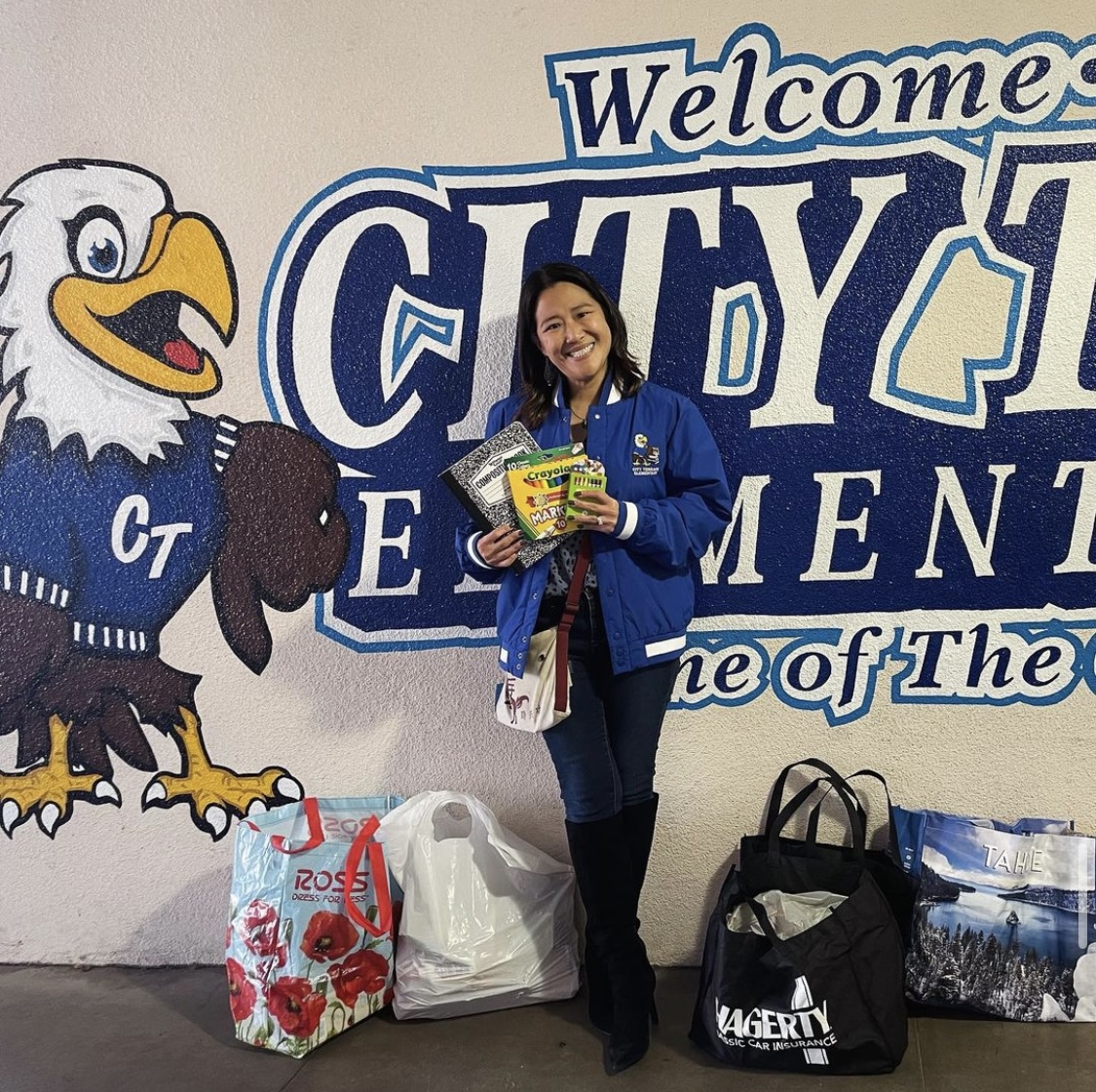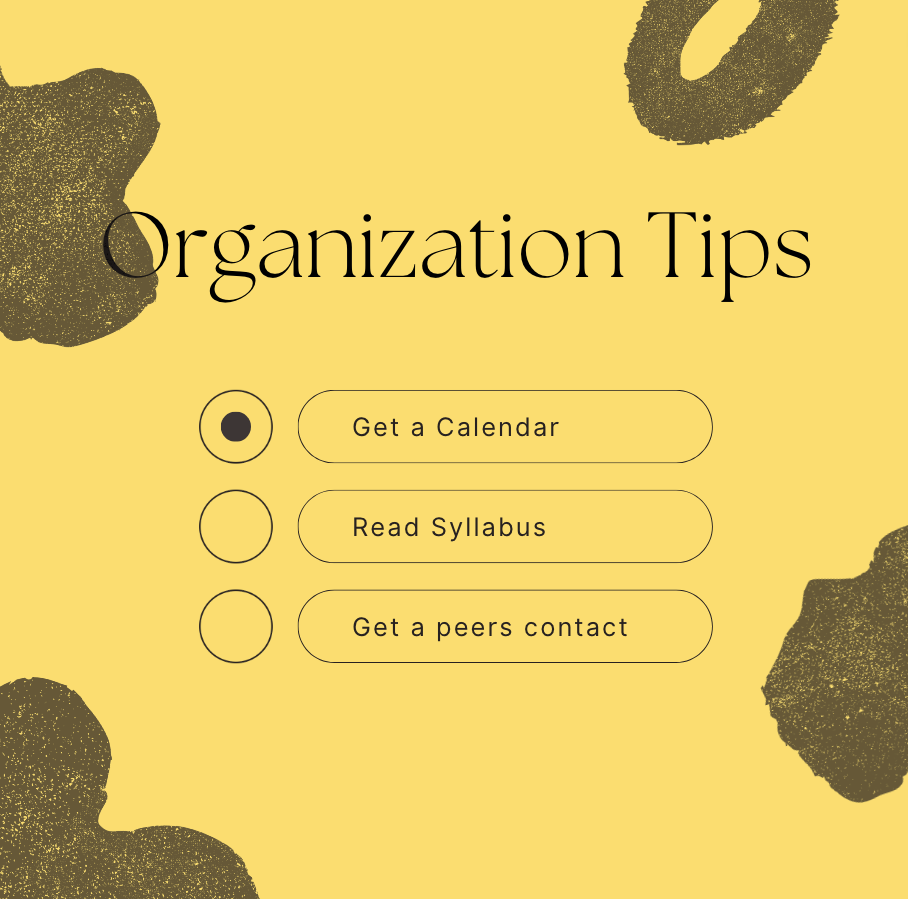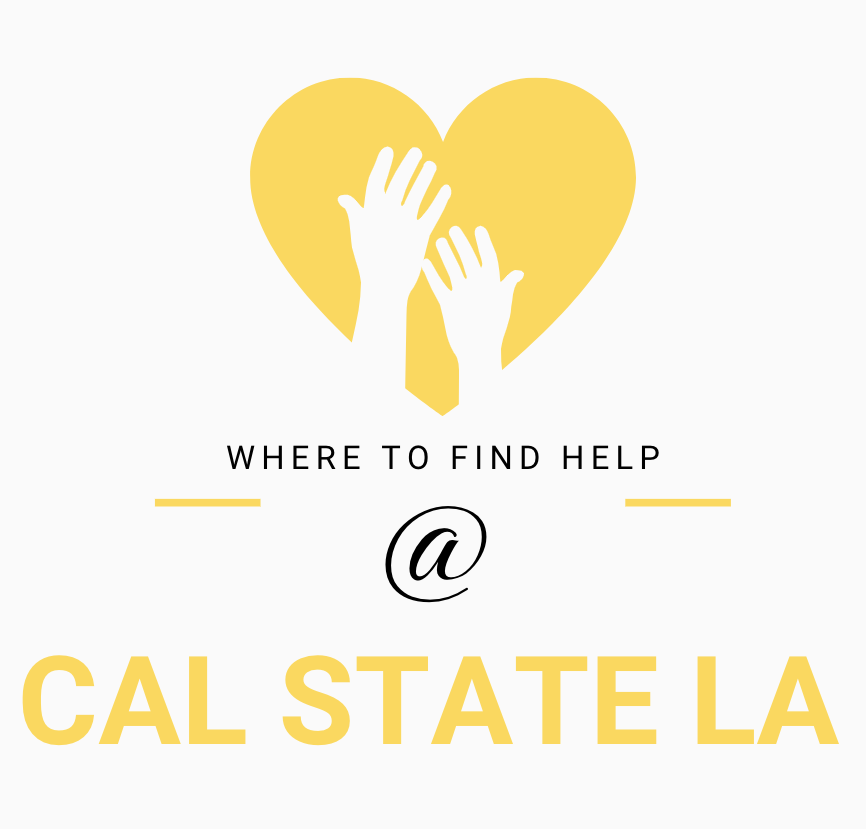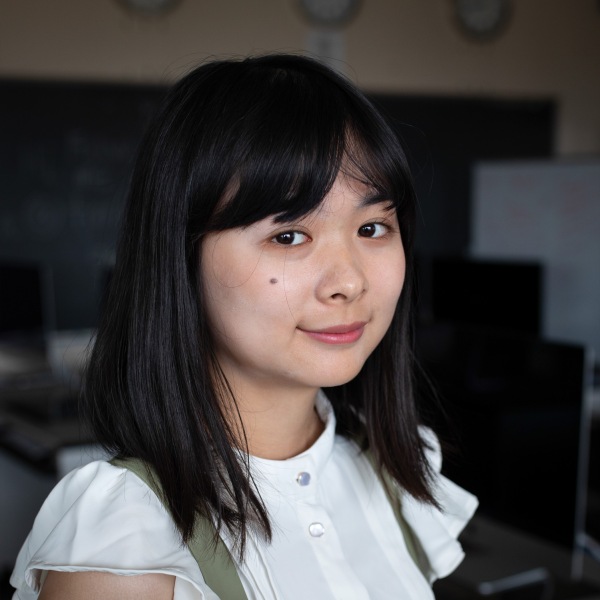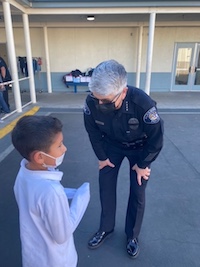
The Alhambra School District went from struggling to gather a couple dozen parents to attend its district meetings and webinars a few years ago to seeing hundreds of new and active parents.
While the pandemic and related closures are to blame for lower involvement in some other communities, Alhambra’s district has seen some momentum for parent involvement — perhaps because of the pandemic and the need for communal support and resources.
That’s according to Toby Gilbert, the head of Media Relations and Public Awareness for the district, who recently spoke with UT Community News about the recent changes.
What about this community made you want to be a part of it?
“It’s in the city of Alhambra, but we also receive students from…Monterey Park, Rosemead and San Gabriel. What stands out is the sense of community participation, particularly in the pandemic.
This city is special because it feels like a neighborhood.”
How has the community responded to the pandemic?
“In many ways, the pandemic has made us better. We suffered to get here, yes, but we found the things that always needed to be addressed but were being addressed so slowly. They could no longer be hidden. At the school district, we used to struggle to get 25 parents to come to a meeting, now we have 600 [at times].
We’ve doubled the parent engagement and participation. We’ve sought that forever and it’s been very hard to kind of move the needle until now. Now, that is also true for city council meetings. You can attend anything by Zoom, which means you don’t have to drive and you can still fix dinner while you’re listening.
People have really innovated. The students, parents, staff and city council members innovated to create ways to help our situation now.”
What’s an example of how your schools or staff have helped innovate?
“One of the football coaches at San Gabriel High School lost his brother and a father-figure during the pandemic and many kids at San Gabriel lost their parents. Nobody wanted to play football at San Gabriel. They were a losing team, but coach Kevin Encinas felt like it was a way for them to bond.
At the beginning of this school year, he would just walk the halls and say, ‘I really want you to come out, just try.’ He never talked about winning or losing. Together, they figured out how to support one another.
They went the furthest they’ve ever gone and their opponents coaches would say it was such a pleasure to watch them on the field. They got each other and coach Encinas through the hardest times. What this era of a pandemic has done is it’s pushed innovation and collaboration. It can push sorrow and division, but we didn’t go that way.”
What are some major issues in Alhambra that were aggravated by the pandemic?
“Food scarcity is a very big problem. We are a district where, before the pandemic, 72% of our families were lower disadvantaged. 25% of children in America live in poverty…We have seen the Teachers Association, the city council, the nonprofits in the city, have gone all out to provide food banks and food pantries because the pandemic economy has hit our kids and our families very hard.
Kids at Mark Keppel High School involved themselves in creating their own food pantry called Farm to School. They’re kids whose parents lost their jobs, their parents died or they didn’t have enough food, which made them try even harder to find a solution. They apply to scholarships, they win competitions, they win scholarships. They figure out a way.”
What makes Alhambra and the district unique?
“Our city is 60% Asian American Pacific Islander and about 25% Latino. Those are the primary ones but we’re very multiracial and multicultural…It creates an appreciation for other cultures. It creates a kind of civility. We’re in an era of real division and polarization and even when we don’t agree, I see a civility. It’s an urge to try to see the other point of view.
What’s interesting about Alhambra Unified is that many of our teachers are alumni. Many of the students are children of alumni, so it’s kind of a generational, almost a family feeling. They often go to Cal State, and then they come back and teach in their home school — instead of going away, which is what happens for a lot of others.
On the city council, the mayor [Katherine Lee] is a former elementary school teacher for Alhambra Unified. One of the city council members, Adele Andrade Stadler, [attended Keppel].”
Community News produces stories about under-covered neighborhoods and small cities on the Eastside and South Los Angeles. Please email feedback, corrections and story tips to [email protected].







